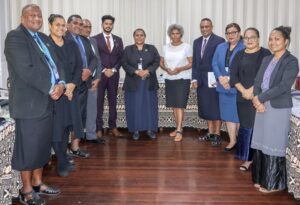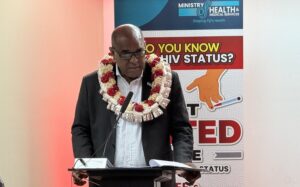Fiji’s Parliament today passed a bill that will enforce the closure of liquor-selling venues in special zones in Nadi and Suva at 1 am, amidst concerns raised by the opposition about the potential impact on the nightlife industry, small businesses, and the prevalence of black markets.
The exact implementation date will be determined by the Minister for Justice and Attorney General, Siromi Turaga.
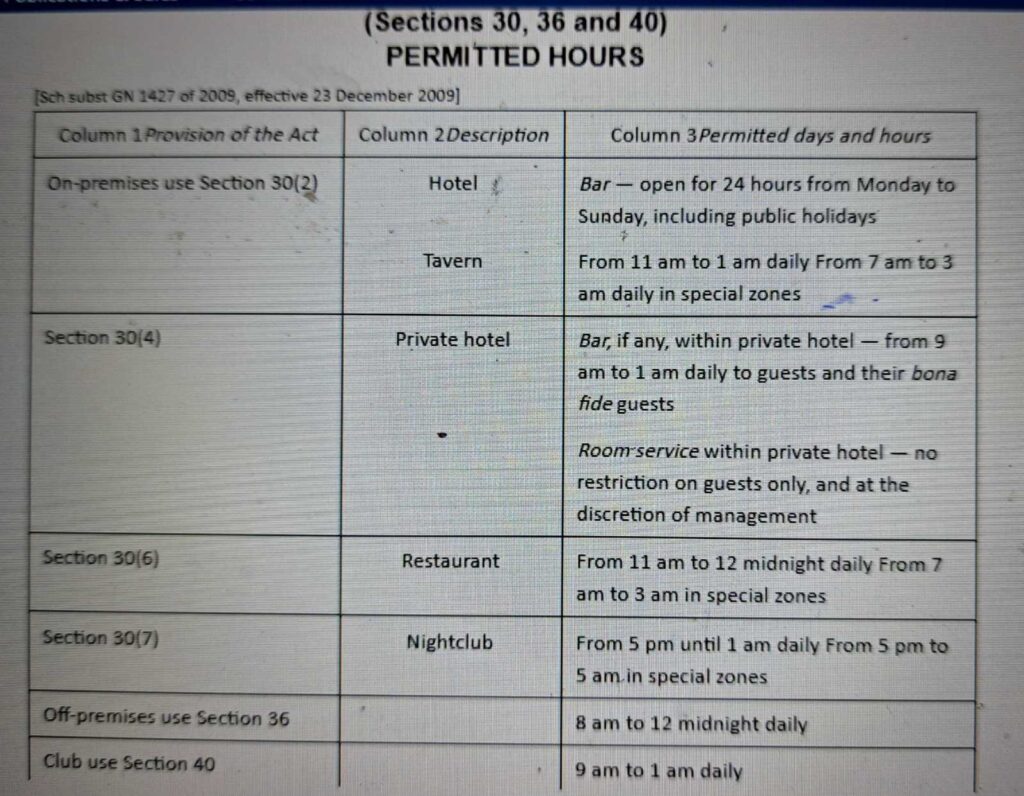
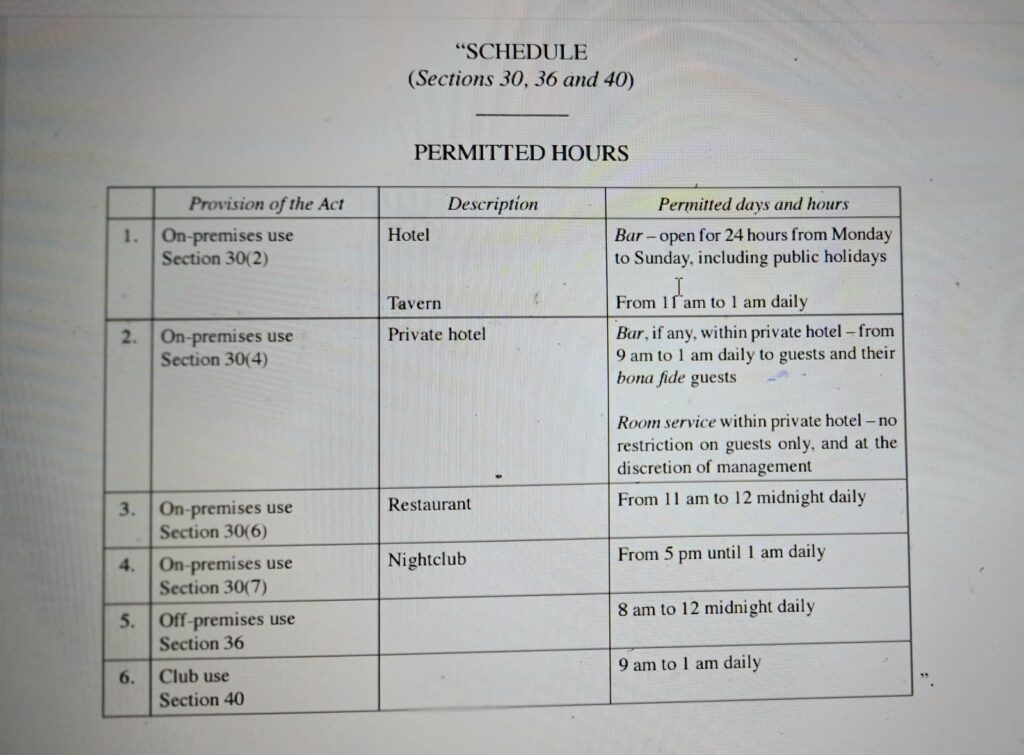
The Liquor (Amendment) Bill 2023 eliminates the provision that allowed nightclubs, taverns, and restaurants in these special zones in Nadi and Suva to sell alcohol for extended hours, which was previously allowed under the Liquor Act 2006.
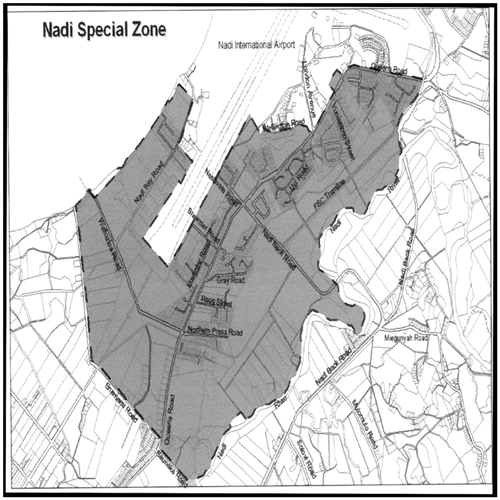
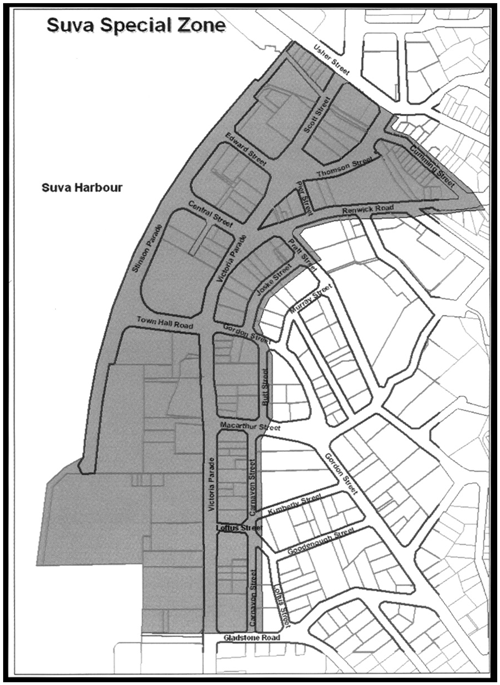
The government, with all 29 of its MPs voting in favor, argued that the change was necessary to protect citizens and address the negative consequences of excessive alcohol consumption. They highlighted the impact of alcohol on mental and physical health, particularly among the youth, and the social issues it has caused. Unsafe sex and other health-related problems were mentioned as detrimental effects.
Government MPs who contributed to the debate on the bill including Turaga, Deputy Prime Minister and Minister for Trade Manoa Kamikamica, Minister for ITaukei Affairs Napolioni Vasu and Minister for Home Affairs Pio Tikoduadua stressed the responsibility of creating a safer environment for the public.
Vasu mentioned instances where youths returning from nightclubs disrupted village activities and hindered communal work.
Opposition Members of Parliament (MPs) raised concerns about the economic effects and the possibility of illegal markets growing due to the early closure of nightclubs. In a vote, 23 MPs opposed the decision, while two chose not to vote. They argued that special areas were created for specific purposes and had received substantial investment from club owners. The opposition highlighted the need for a broader approach that includes education, personal accountability, and community involvement to tackle social problems, rather than solely relying on regulating nightclub hours.
FijiFirst MPs who spoke included Minister for Trade Faiyaz Koya, first-time politician and former journalist Aliki Bia, and former Commissioner of Police and Foreign Affairs Permanent Secretary Ioane Naivalurua. They said that blaming alcohol for all social problems was too simple of an explanation.
They pointed out that there are many small businesses that thrive during late hours, and they warned that if nightclubs were restricted, these small businesses would be negatively affected. They also expressed concern that the government did not consult with the people affected, such as nightclub owners, especially in places like Nadi, where the local economy heavily relies on tourism and nightlife.
Naivalurua cautioned that the AG’s approach was the righteous approach but not the right approach that might overlook the practical implications for businesses and communities that depend on the nightlife industry.
The cabinet had authorised the review of the Liquor Act during a meeting held on April 11, 2023. In late May, it announced its approval of the Liquor (Amendment) Bill 2023. Rabuka said that the bill was developed as a result of extensive public and community consultations regarding the review of the opening hours of nightclubs and the permitted hours for liquor sales.





